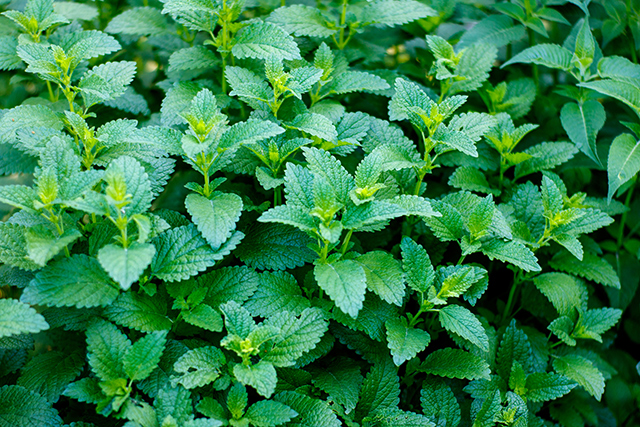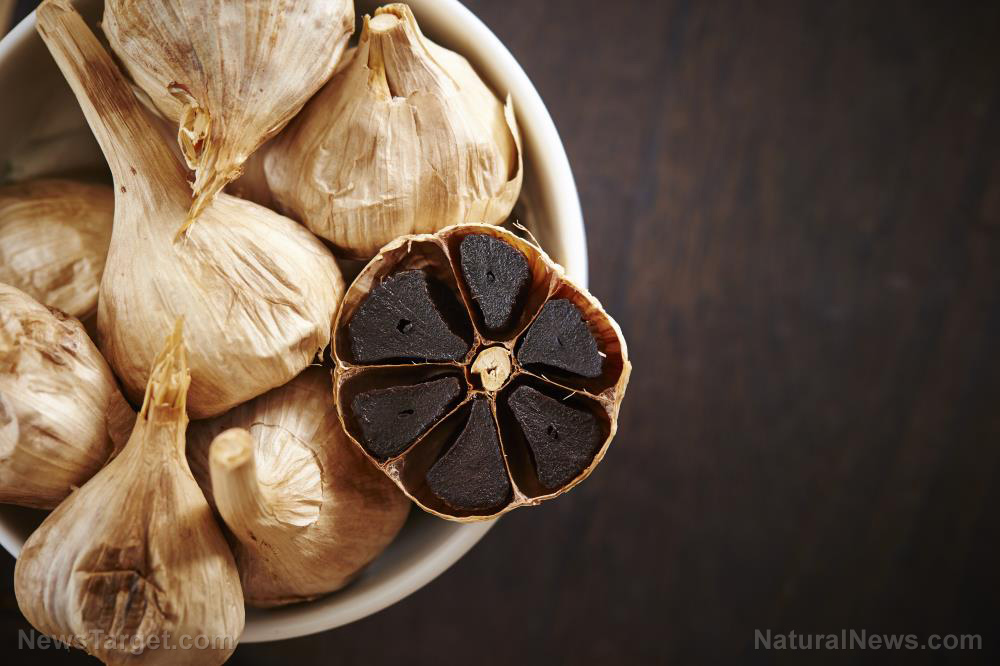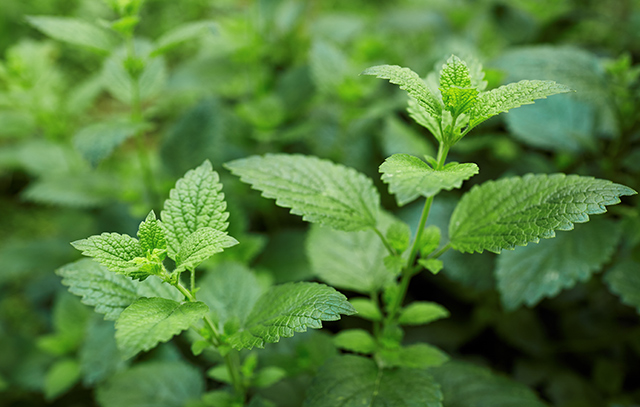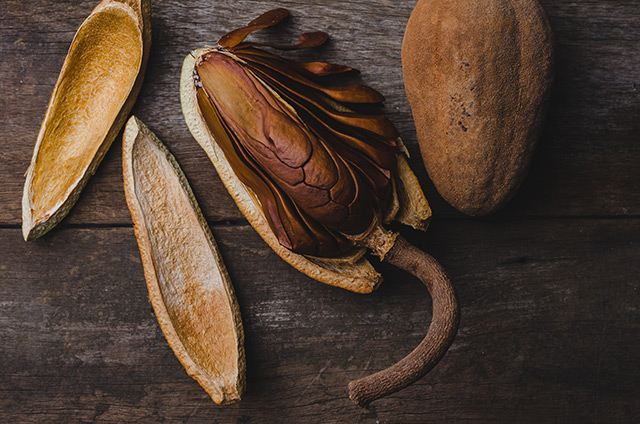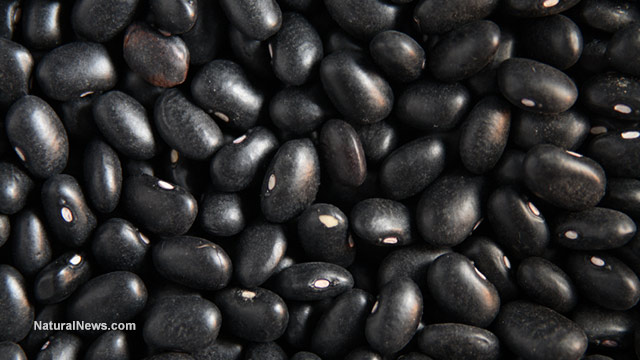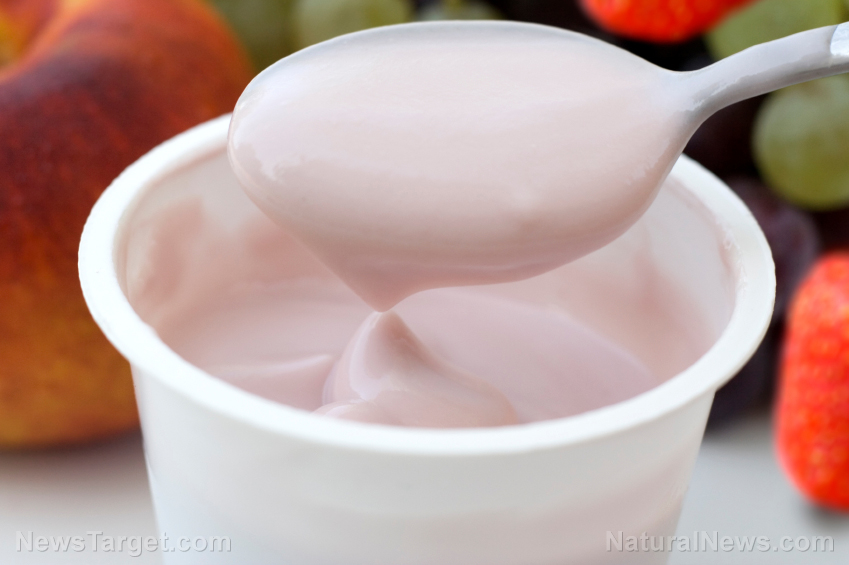Rutin demonstrates cardioprotective effects against a type of chemotherapy drug
10/23/2018 / By RJ Jhonson

Rutin is a plant flavonoid found in many fruits and vegetables. A study that was published in the Journal of Asian Natural Products Research found that rutin can attenuate the effects of cardiac toxicity caused by the chemotherapy drug pirarubicin.
- The researchers used rat models for both acute and chronic cardiac toxicity for the study.
- They pre-treated some of the animals with rutin prior to exposure to pirarubicin. They found that pre-treatment reduced the myocardial histopathological injury, electrocardiogram abnormalities, and cardiac dysfunction caused by the drug.
- Blood serum levels of malondialdehyde (MDA), brain natriuretic peptides (BNP), creatine kinase (CK-MB), cardiac troponin T (CTnT), and lactic acid dehydrogenase (LDH) were also reduced, while those of superoxide dismutase (SOD) were increased.
- After the animals were exposed to pirarubicin, they were treated with either rutin or dexrazoxane, resulting in an increase in Bcl-2/Bax ratio and decreases in JNK and caspase-3 protein levels. Moreover, treatment with a dose of rutin at 50 mg/kg caused further significant improvements in all aforementioned changes.
According to the authors, these findings prove that rutin has powerful cardioprotective effects made possible by its potent antioxidant and anti-apoptotic properties.
Learn which fruits contain rutin at Fruits.news.
Journal Reference:
Wang Y-D, Zhang Y, Sun B, Leng X-W, Li Y-J, Ren L-Q. CARDIOPROTECTIVE EFFECTS OF RUTIN IN RATS EXPOSED TO PIRARUBICIN TOXICITY. Journal of Asian Natural Products Research. 2017;20(4):361–373. DOI: 10.1080/10286020.2017.1394292
Tagged Under: antiapoptotic, antioxidants, brain natriuretic peptides, cardiac toxicity, cardiovascular health, chemo, flavonoids, fruits and vegetables, heart damage, heart health, heart injury, pirarubicin, Rutin


